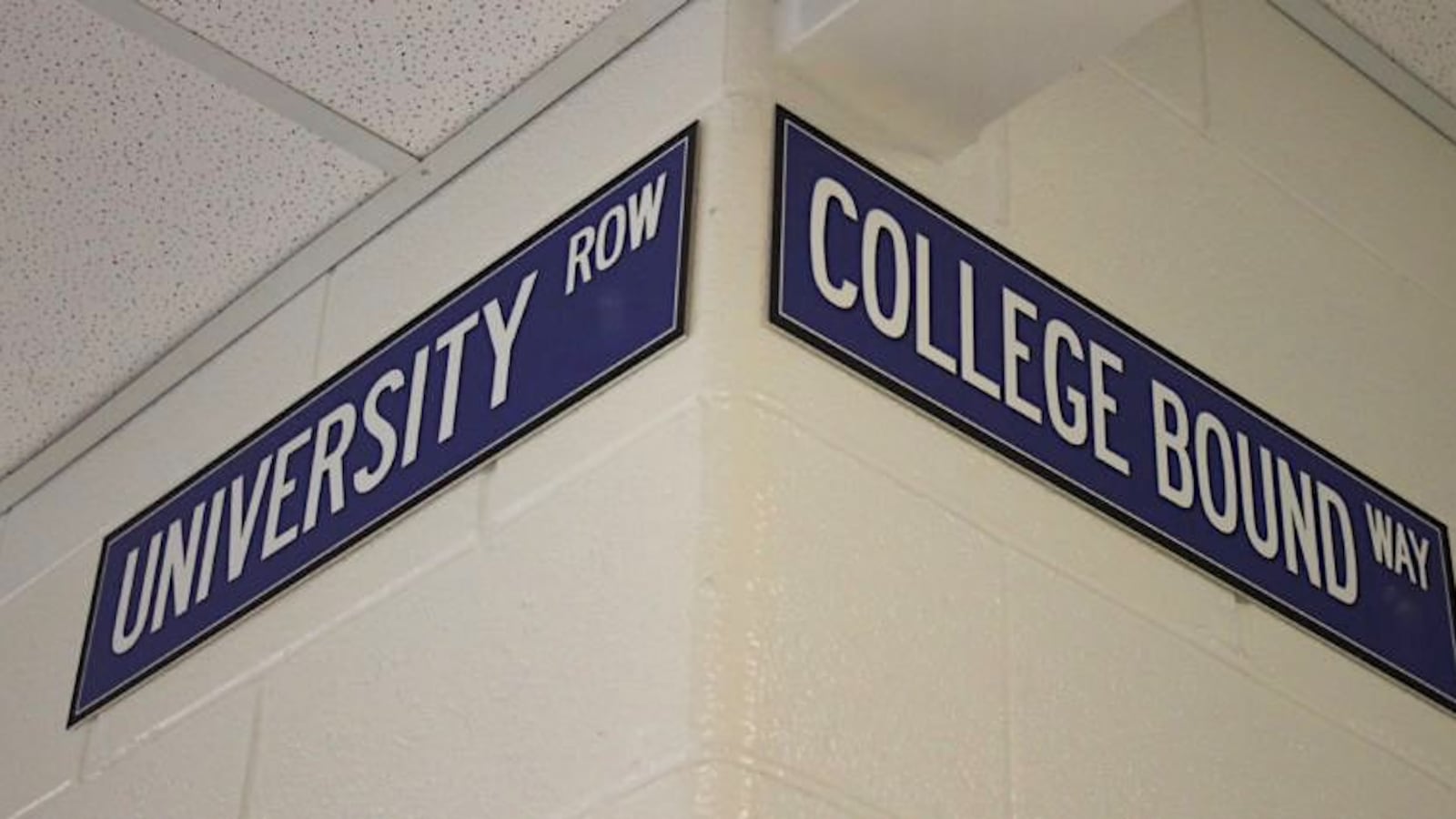With a district-issued laptop in every family’s home and 100% access to the internet, high school students in Maryville are receiving daily online instruction and their assignments are graded.
Sixty miles south in rural Polk County, many students have neither internet nor cellular access. Teachers there are working to deliver lessons and feedback both on paper and online instead of giving numeric grades during school closures because of the coronavirus.
The difference in the two Tennessee school districts reflects a shortcoming of a proposed emergency rule going before the State Board of Education on Thursday.
Under the proposal, high school students would receive their spring semester grades based on their schoolwork as of March 20, the date when Gov. Bill Lee urged that all school buildings be closed. However, the emergency rule also would allow students to improve their final scores if their districts are still grading assignments.
That means high school seniors in Maryville could raise their grades before the school year ends, while those in Polk County likely could not.
For some students just short of a 3.0 grade point average, two extra months of grading could mean the difference between obtaining the state’s HOPE scholarship to attend college — or not.
States across the nation are wrestling with how to grade students fairly and equitably during the historic disruption to public education.
Tennessee’s approach was reached after weeks of discussions with groups representing teachers, superintendents, school boards, the state education department, higher education, and the organization that oversees HOPE scholarships, the merit-based, lottery-funded program that awards up to $16,000 over four years for students who maintain eligibility.
“When it comes to eligibility for HOPE scholarships, I do believe the proposed rule creates the best possible scenario for graduating seniors,” said Sara Morrison, the board’s executive director, on the eve of the board’s vote. “We know nothing is perfect and we’re trying to balance a number of considerations. We want to maintain high expectations while maximizing opportunities for student learning and accounting for the reality of the situation as it evolves.”
With Tennessee school buildings likely to stay closed for the rest of the school year, the board wants to provide consistency about how to calculate the grade point averages that help determine college admission, placement, and scholarships. The challenge is how to do it equitably, given wide disparities from district to district and often even within a district, which have been amplified by the pandemic.
“I don’t see how anybody can give grades at this point unless you are certain that you have equity across the board with all of your students. Some districts in Tennessee can, but it’s not many,” said Jason Bell, a supervisor for Polk County Schools who also serves on the board of the Tennessee Rural Education Association.

Bell loses sleep about students who are just short of GPAs that will earn them the HOPE, or who could miss out on academic awards that could garner other scholarships. For a variety of reasons, those students may have had sub-par grades at the beginning of this semester, but had expected to pull those up.
Morrison said the state board is seeking to strike the right balance with its emergency grading rule.
“It’s important to remember that determining eligibility for the HOPE scholarship takes a multi-pronged approach,” she said. “Students need to get a 3.0 GPA over the course of their high school career, or an ACT score of 21.”
Tennessee is also trying to encourage and support districts to provide remote teaching environments that incentivize students to learn, even as some districts have already issued final grades for the semester. Creative distance learning programs are being delivered both on paper and online, with teachers who are communicating with their students online or by phone.
“We’re focusing on learning versus grades in order to maintain equity for students,” said Linda Cash, director of Bradley County Schools, another district with rural areas without internet access.
She’s hopeful that Tennessee’s universities and colleges will be more lenient on the Class of 2020 — and on incoming freshmen for several more years — when it comes to scholarships.
“I’m not sure what the answer is, but I think higher ed has got to do something,” Cash said.
If the rule passes as written, school systems will need to identify and work even more closely with students who are just short of scholarship eligibility, said Gini Pupo-Walker, state director of the Education Trust in Tennessee, an equity advocacy organization.
“That begins with access to good information — a teacher, a counselor, someone reaching out to a student to say, ‘You have this GPA and it would take XYZ for you to get a HOPE scholarship,’” she said. “Then the other half is providing the systems for students to do that very thing.”
That could mean extending the school year.
“That’s not popular,” said Pupo-Walker, “but I’m for whatever gets kids caught up as quickly as possible, and to get them access to what they need to be successful in college.”
Correction: April 9, 2020: A previous version of this story was incorrect on the total value of a HOPE scholarship over four years. State financial aide officials said the correct amount is up to $16,000.


